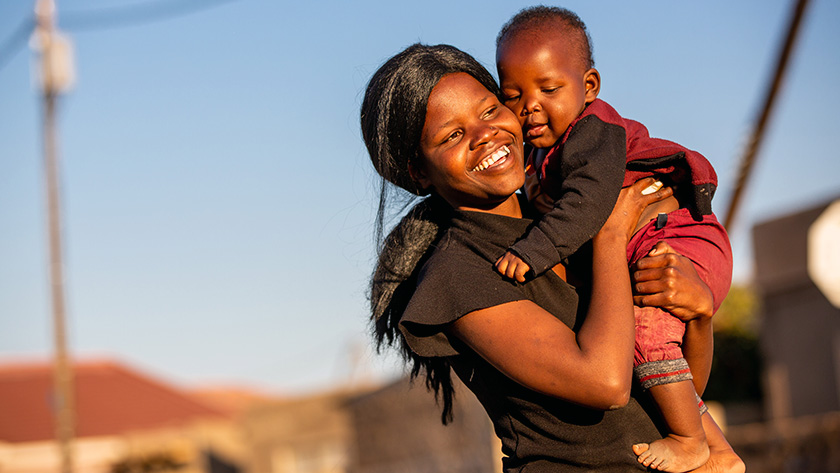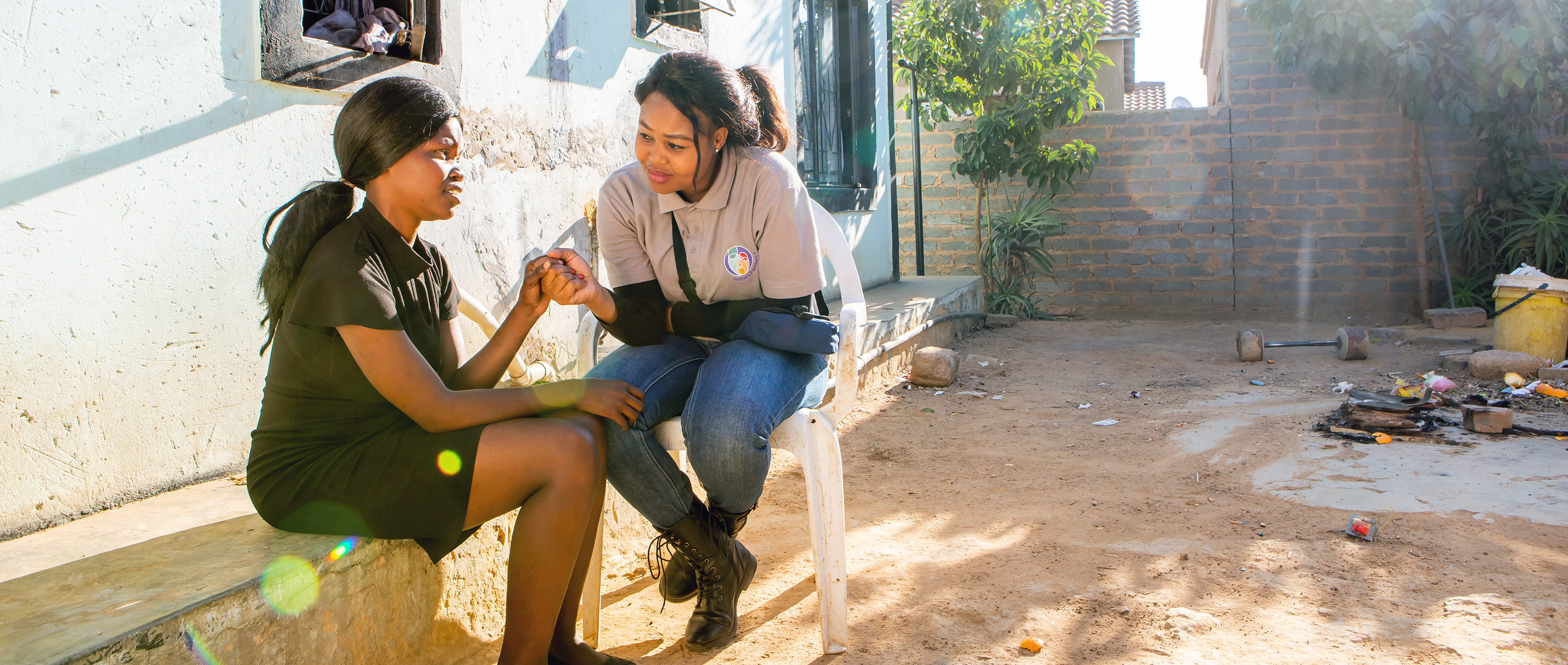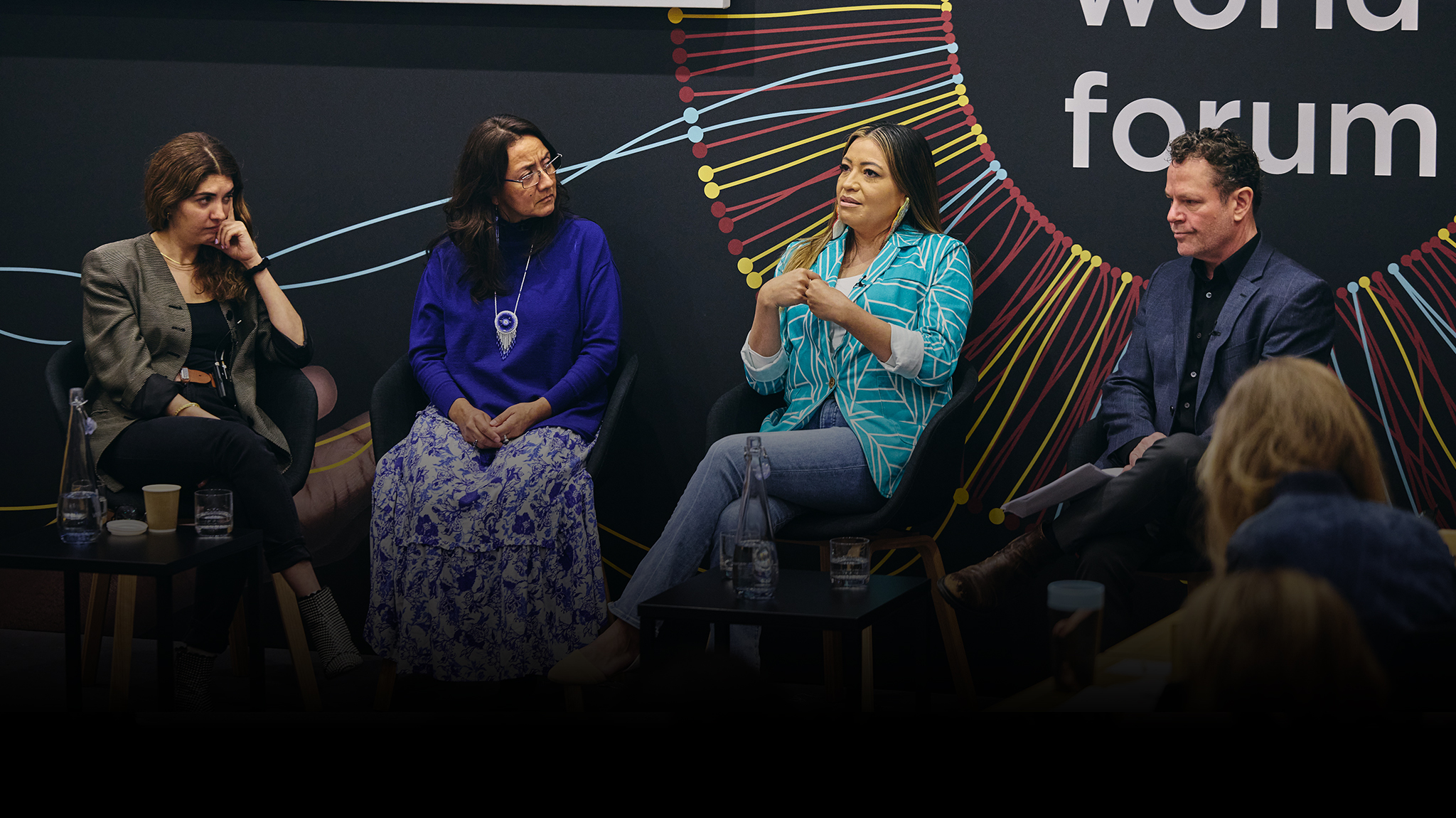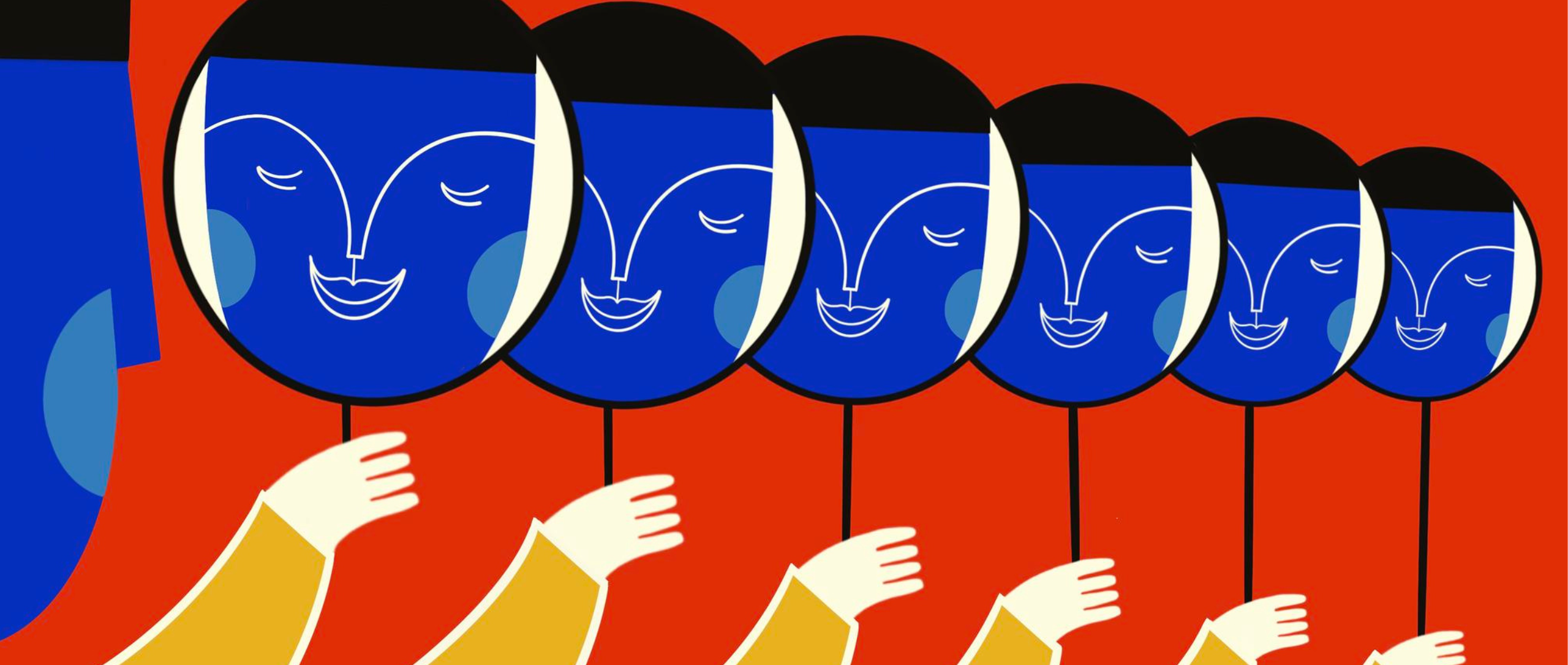Adolescent Girls and Young Women Are New Frontline of HIV/AIDS Epidemic: A Solution Lies Within Their Communities
Dimakatso, 23, lives in Soshanguve, South Africa. Her father passed away a little over a year ago, forcing her mother to relocate to a neighboring town for work, and leaving Dimakatso as the primary caregiver to her 11-month-old baby, two younger siblings, and five-year-old nephew. What made these challenges even more difficult was that Dimakatso had been diagnosed with HIV at age 18.
In Dimakatso’s community, poverty, unemployment, crime, and drug abuse, coupled with discriminatory cultural attitudes toward women and gender-based violence are, sadly, the daily norm. Judgmental attitudes took a significant toll on a teenage Dimakatso. She went from being an outgoing young woman, to hiding at home and avoiding people. When she became pregnant, she was deeply concerned that she might pass the virus on to her unborn child.
Dimakatso is not an unusual case.
Women and adolescent girls living with HIV are particularly affected by violence, stigma, and discrimination. As a result, they are at risk of being pushed to society’s margins.
UNAIDS reports that one in three women living with HIV reported discrimination related to their sexual and reproductive health. Furthermore, huge disparities in new HIV infections exist between young women and young men in the same age bracket. UNAIDS data indicate that every week, around 6,000 young women aged 15–24 years become infected with HIV. In sub-Saharan Africa, four in five new infections among adolescents aged 15–19 years are in girls. Young women aged 15–24 years are twice as likely to be living with HIV than men.
These statistics and an untold number of stories indicate a better—and more coordinated—response is urgently required to curb new infections among adolescent girls and young women. The very generation which so many have worked so hard to see born HIV-free are now becoming sexually active, and at risk of repeating the cycle. And for those adolescents living with HIV, specialized services are required to ensure they access treatment and stay healthy.
Community Solutions
The good news is there are community-based interventions with women at their core that can reshape the current narrative into a more positive, healthy future for young women—which are particularly relevant to discuss today in light of UNAIDS World AIDS Day theme, Communities Make the Difference.

mothers2mothers (m2m) is one of those solutions. We employ women living with HIV to work as frontline health workers. These “Mentor Mothers” enable access to healthcare, enhance retention in care, and ensure adherence to treatment.
Originally developed to tackle the issue of mother-to-child transmission of HIV, we have evolved this model to serve women, adolescents, and children—both HIV-positive and HIV-negative. Young people aged 10-24 now compose a third of our client base.
m2m’s goal for young people is threefold: 1) deliver youth-friendly services to increase access to professional education and treatment; 2) help those who are HIV-negative to remain so; and 3) increase access to treatment and deliver viral load suppression for youth living with HIV.
The magic of m2m’s Mentor Mother model is that it is peer-based: services are delivered by people living with HIV who are from the same community as those they serve—meaning they are rooted in shared realities and experiences. Today, we are tailoring our services to young females, including employing young women as peer mentors to fellow adolescents. This too is showing strong promise: our 2018 data show that only 0.18 percent of the adolescent girls and young women enrolled in m2m’s programming contracted HIV.
Dimakatso recalls the day when m2m Mentor Mother, Ayanda Khoza, knocked on her door—a visit that would change her life for the better.
“Living with depression and fear, I was initially skeptical about m2m’s services, but Ayanda didn’t give up on me or my baby,” said Dimakatso.
Today, she’s on antiretroviral medication and her HIV is virally suppressed, meaning that as long she maintains adherence to effective treatment, the virus will not be transmitted to a partner or future children (in the United States, this is known as “treatment as prevention,” and “Undetectable=Untransmittable (U=U).”
She also credits m2m with helping her regain her confidence, especially by attending m2m’s support and play groups with her son. “The group sessions forced me to the leave the house,” said Dimakatso “I made new friends, and Ayanda and other Mentor Mothers taught me how to give my son the best start in life.”
“Health for All” Requires Investment
Such inspiring stories are part of m2m’s daily work. But if the global community is serious about delivering “Health for All” as a sustainable development goal, more investment is needed in employing paid frontline health workers like our Mentor Mothers…lots more. The African Union has called for an additional two million community health workers to be employed by next year. Meanwhile, the World Health Organization indicates the African continent faces a shortage of 6.1 million healthcare workers by 2030.
Despite the wide availability of prevention options, education, and treatments, HIV and AIDS are not under control—not even close. The progress in stopping new HIV infections and AIDS-related deaths has been uneven, with young women and adolescent girls among the populations facing the most difficult challenges.
Simply put, we cannot afford to stop until all those living with HIV are on treatment and new infections are averted.
m2m and our peers have proven that paid, professional community healthcare workers can move the needle in stopping new HIV infections and can help create healthy futures. We urgently need governments and other funders to step up to the plate to scale these initiatives further.
And critically as a global society, we must absolutely refuse to fail young women like Dimakatso.
Frank Beadle de Palomo is the President & CEO of mothers2mothers. He has more than 30 years of experience in the global health community that includes significant achievements in HIV prevention, domestic and global care, research, and advocacy.



